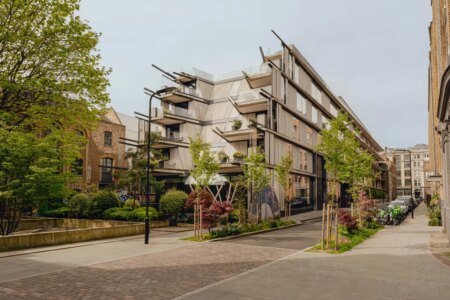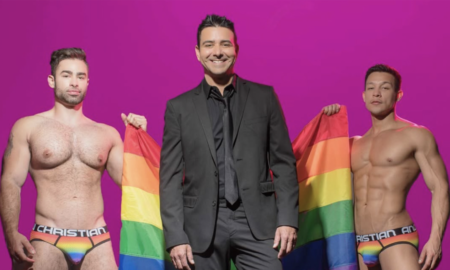Budapest Mayor Gergely Karácsony [pictured: Instagram] is to face questioning by Hungarian police this week over his role in organising the 30th Budapest Pride march, which took place on June 28 despite a governmental ban. Karácsony, who publicly embraced his status as a suspect, expressed pride in standing up for freedom amid mounting political pressure. The Pride event, which attracted an estimated 200,000 participants, emerged as a historic demonstration of dignity and resistance, pushing back against Prime Minister Viktor Orbán’s controversial use of the Child Protection Act to forbid the parade and threaten organisers with legal repercussions.
The mayor’s decision to reclassify the Pride event as a ‘municipal undertaking’ was critical in circumventing the ban, as it placed the march outside the scope of Hungary’s Assembly Act, which typically requires police permission for such gatherings. This legal manoeuvre helped ensure the event could proceed without formal police authorisation, a move that Karácsony’s legal team crafted in an effort to protect the community and their right to assemble. Despite the official prohibition, the march was marked by vibrant displays of rainbow smoke, face paint, and a large crowd crossing the Erzsébet Bridge over the Danube River, culminating in one of the largest anti-government protests since Orbán’s return to power in 2010.
This act of defiance did not come without considerable risks. In the lead-up to the day, organisers faced intense pressures, including the possibility of imprisonment and hefty fines. Authorities increased surveillance measures, employing facial recognition technology and installing cameras along the parade route. Efforts were made to delegitimise the event, with officials proposing to relocate Pride to a horse racing track—an attempt seen by activists as a deliberate effort to marginalise and dehumanise the LGBTQ+ community. Nonetheless, public opinion in Budapest appeared largely opposed to the ban, with surveys indicating that 78% of city residents disagreed with Orbán’s prohibition.
The international and European response to Hungary’s LGBTQ+ crackdown has been strongly critical. The European Commission President Ursula von der Leyen publicly condemned the ban, calling for its reversal, while 33 nations issued statements supporting the right to hold the Pride event. Meanwhile, Budapest police have opted not to prosecute the march participants, acknowledging the legal ambiguities stemming from the event’s municipal classification. This decision highlights the complexities and contradictions within Hungary’s political and legal landscape regarding LGBTQ+ rights.
Karácsony’s stance aligns with a broader challenge to Orbán’s hardline policies, which have drawn inspiration from anti-diversity rhetoric seen globally. Since Orbán’s nationalist Fidesz party enacted the ban targeting LGBTQ+ events, critics argue it forms part of a wider campaign to suppress democratic freedoms and minority rights ahead of Hungary’s upcoming general election. In response, thousands of Hungarians have staged peaceful protests mocking the government’s clampdown, emphasising calls for diversity and inclusion in the face of rising authoritarianism.
As the investigation into the organisation of the Budapest Pride march continues, the world watches closely. Karácsony reflects on this historic moment not only as a fight for LGBTQ+ rights but as a broader struggle against oppressive powers that seek to silence difference. On social media, he poignantly remarked that those who try to ban and erase identities often fail in the long run, and that love and resistance offer paths to a freer, happier society beyond the current regime.
Source: Noah Wire Services


















